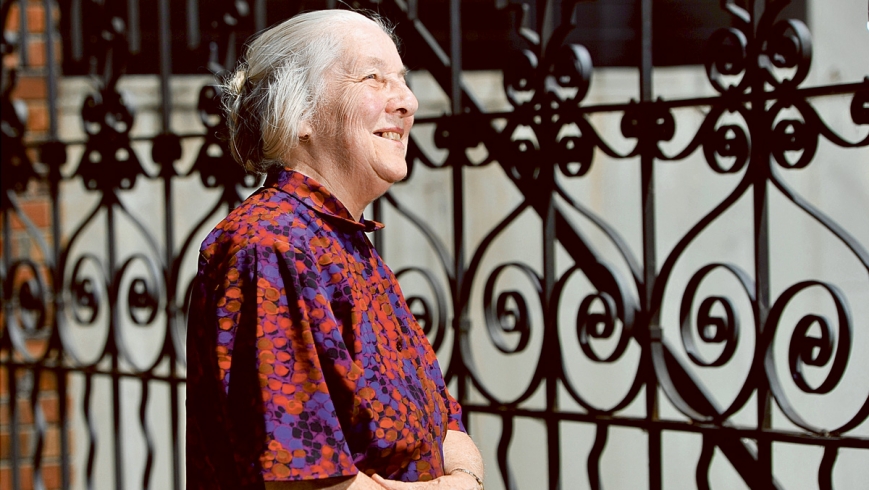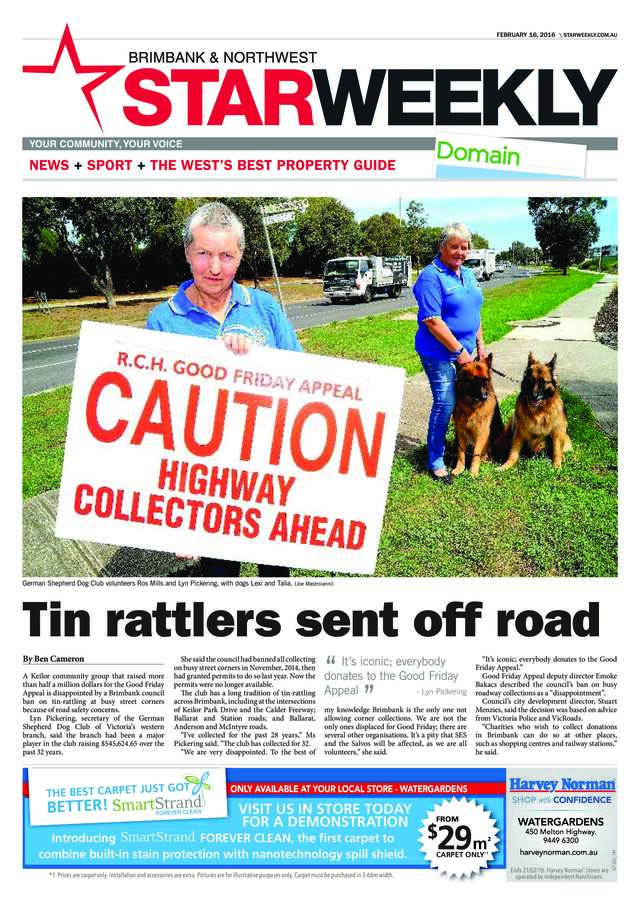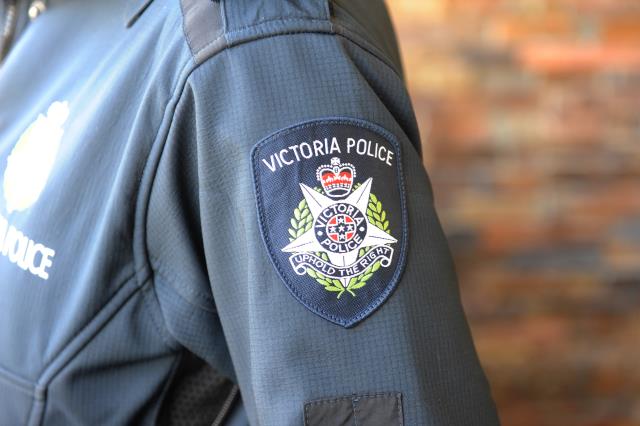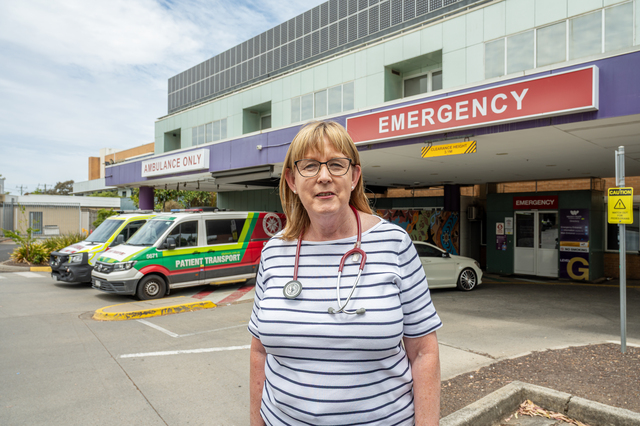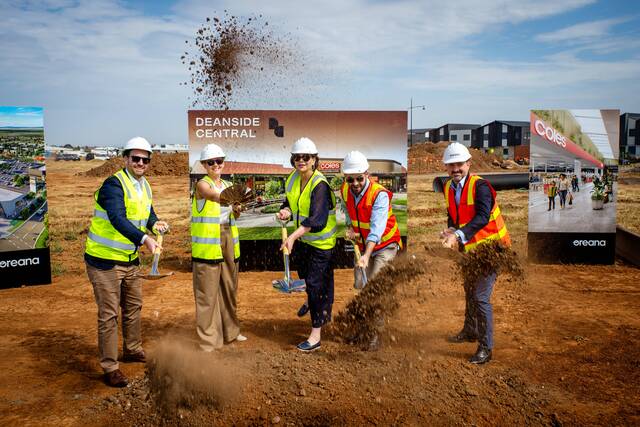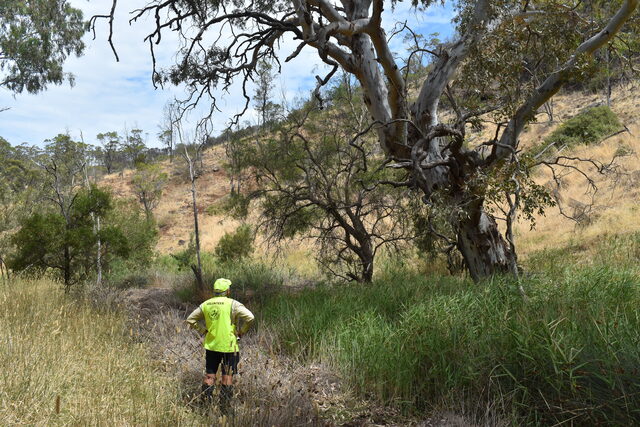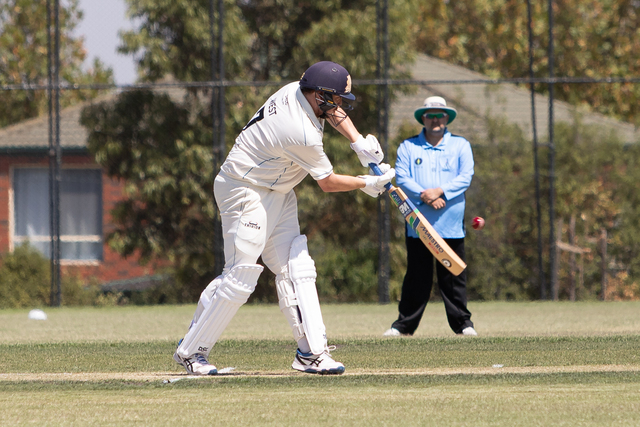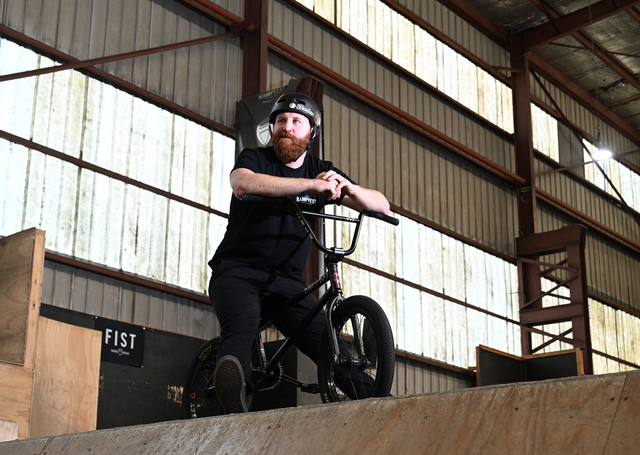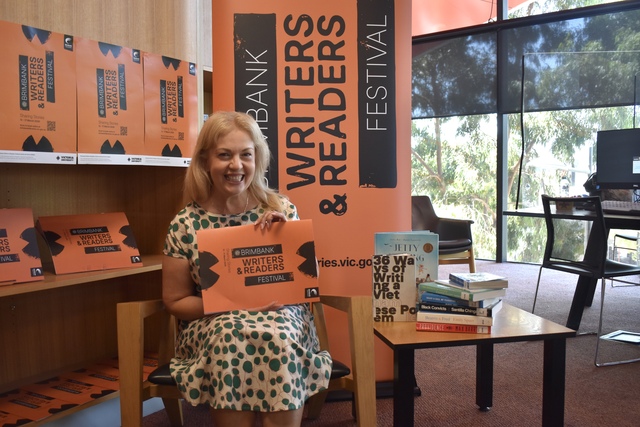An Albion resident for 53 years, local historian Olwen Ford has written two books about Sunshine’s past.
What’s your favourite retreat spot?
I love Kororoit Creek. It’s very beautiful and I enjoy walking along it because not many people know about it. I also like admiring the old single-fronted houses on Benjamin Street in Sunshine.
What’s your favourite place to get a coffee or a bite to eat?
The Granary on Devonshire Road in Sunshine makes nice soup and focaccia. There are also two Polish delis in Sunshine that make delicious Polish sausage, poppy- seed cake and cheesecake. And B&T Bakery, which is Vietnamese; I like their pate choux, a flaky pastry with pork filling. For a lovely coffee, I’d recommend the Masonic Lodge Hall’s café on Hampshire Road.
What would you change in your neighbourhood?
The amount of rubbish is rather distressing. And I’d like the area to be more accommodating for new arrivals by lowering the rents they pay.
What wouldn’t you change?
I like how young people are restoring older houses in the area so other locals can stay in touch with a sense of our history. I love that the area is so multicultural. When I arrived from England in 1960, the area was home to a lot of European migrants from Greece and Cyprus, and now people are coming from Asia and Africa.
What’s your connection to the local community?
I helped found the Sunshine and District Historical Society in 1972 and have been volunteering there on and off for 41 years, mainly in a research and writing role and currently as assistant secretary.
What do you remember being in Brimbank that’s no longer here?
Albion and Sunshine had a lot of early 20th century houses on large blocks with beautiful gardens. They have now been replaced with multi-storey flats that have no gardens. Nearly all the factories have gone, including Matthew Ferguson’s, which was a descendant of Sunshine Harvester Works that made farm machinery. That’s where the suburb’s name came from – the machine made by them in 1907 was called the Sunshine Harvester.

